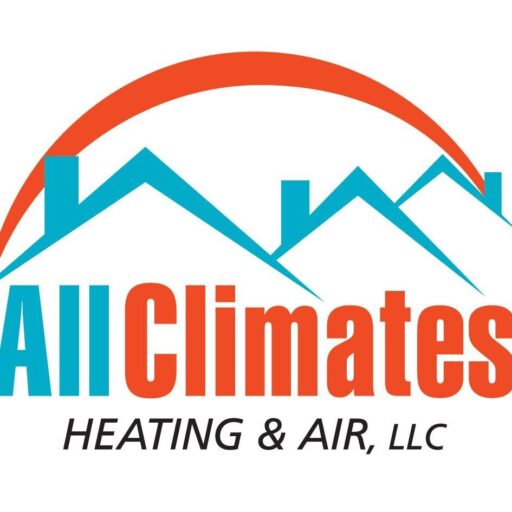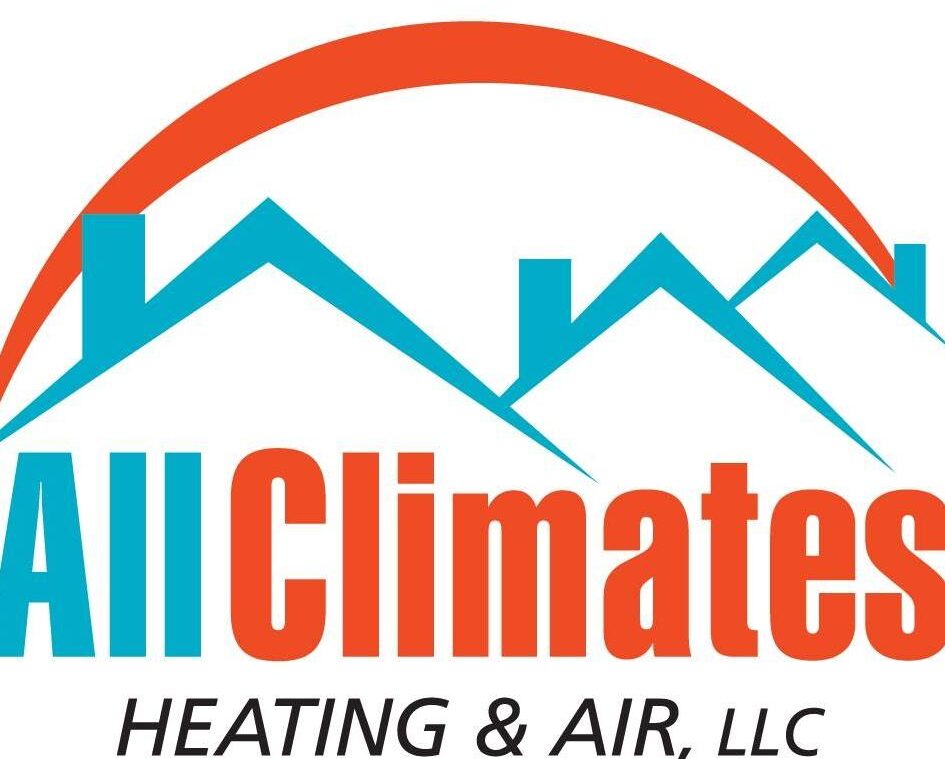Title: The Impact of HVAC Efficiency on Energy Bills in Chelsea, Alabama
Introduction:
In the picturesque town of Chelsea, Alabama, where hot summers and chilly winters are the norm, the importance of a well-functioning HVAC system cannot be overstated. Not only does a reliable heating, ventilation, and air conditioning (HVAC) system ensure comfort and indoor air quality, but it also plays a significant role in determining energy bills. In this blog post, we will explore the impact of HVAC efficiency on energy bills in Chelsea and discuss how homeowners can optimize their systems to save money and reduce their carbon footprint.
Understanding HVAC Efficiency:
HVAC efficiency refers to how effectively a system can heat or cool a space while using the least amount of energy possible. The efficiency of an HVAC system is typically measured by its Seasonal Energy Efficiency Ratio (SEER) for cooling and its Annual Fuel Utilization Efficiency (AFUE) for heating. A higher SEER or AFUE rating indicates a more energy-efficient system that can help reduce energy consumption and lower utility bills.
Impact on Energy Bills:
In Chelsea, where summers can be scorching and winters can be frosty, HVAC systems often work overtime to maintain comfortable indoor temperatures. A poorly maintained or inefficient HVAC system can lead to increased energy consumption, resulting in higher energy bills. On the other hand, a well-maintained and energy-efficient HVAC system can help homeowners save money by reducing energy waste and optimizing performance.
Tips for Improving HVAC Efficiency:
1. Regular Maintenance: Schedule annual HVAC maintenance to ensure that your system is running smoothly and efficiently. This can help prevent breakdowns, improve performance, and extend the lifespan of your system.
2. Upgrade to Energy-Efficient Systems: Consider upgrading to a newer, more energy-efficient HVAC system with a higher SEER or AFUE rating. While the initial cost may be higher, the long-term savings on energy bills can outweigh the upfront investment.
3. Programmable Thermostats: Install a programmable thermostat to regulate indoor temperatures based on your schedule. This can help reduce energy waste by adjusting temperatures when you are away from home or asleep.
4. Proper Insulation: Ensure that your home is properly insulated to prevent heat loss in the winter and heat gain in the summer. Proper insulation can help your HVAC system work more efficiently and reduce the workload on the system.
Conclusion:
In Chelsea, Alabama, where HVAC systems play a vital role in maintaining indoor comfort year-round, optimizing HVAC efficiency is key to saving money on energy bills. By investing in regular maintenance, upgrading to energy-efficient systems, utilizing programmable thermostats, and ensuring proper insulation, homeowners can reduce energy waste, lower utility bills, and contribute to a more sustainable environment. Prioritizing HVAC efficiency not only benefits your wallet but also enhances the overall comfort and well-being of your home.

